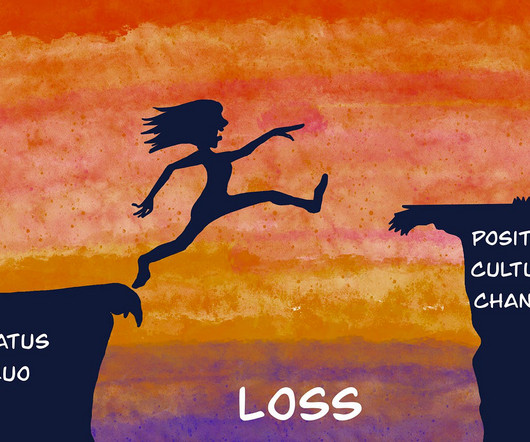Sometimes Doing the Right Thing Involves Risk
Harmonious Workplaces
JANUARY 11, 2024
Despite putting my own psychological safety at risk over Teams and physical safety at risk later meeting in person with an executive who refers to himself as “the devil” and a “scary dude” and who wields a pistol in the office, I feel I did the ethical thing: It prevented harm to others. References Holiday, R. Ego Is the Enemy.












Let's personalize your content